Silicon Quantum Computing: Quantum Motion’s CMOS Breakthrough at NQCC
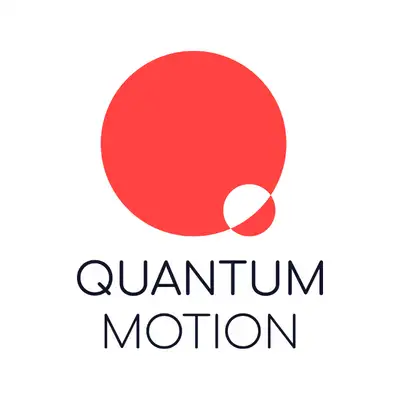
Quantum Motion has delivered the first full-stack silicon quantum computer using CMOS technology to the UK’s NQCC. This scalable system integrates a Quantum Processing Unit with industry-standard software. It marks a significant step toward commercially viable quantum computing.
China’s Micius Satellite Operational Status: What Have You Done Lately?
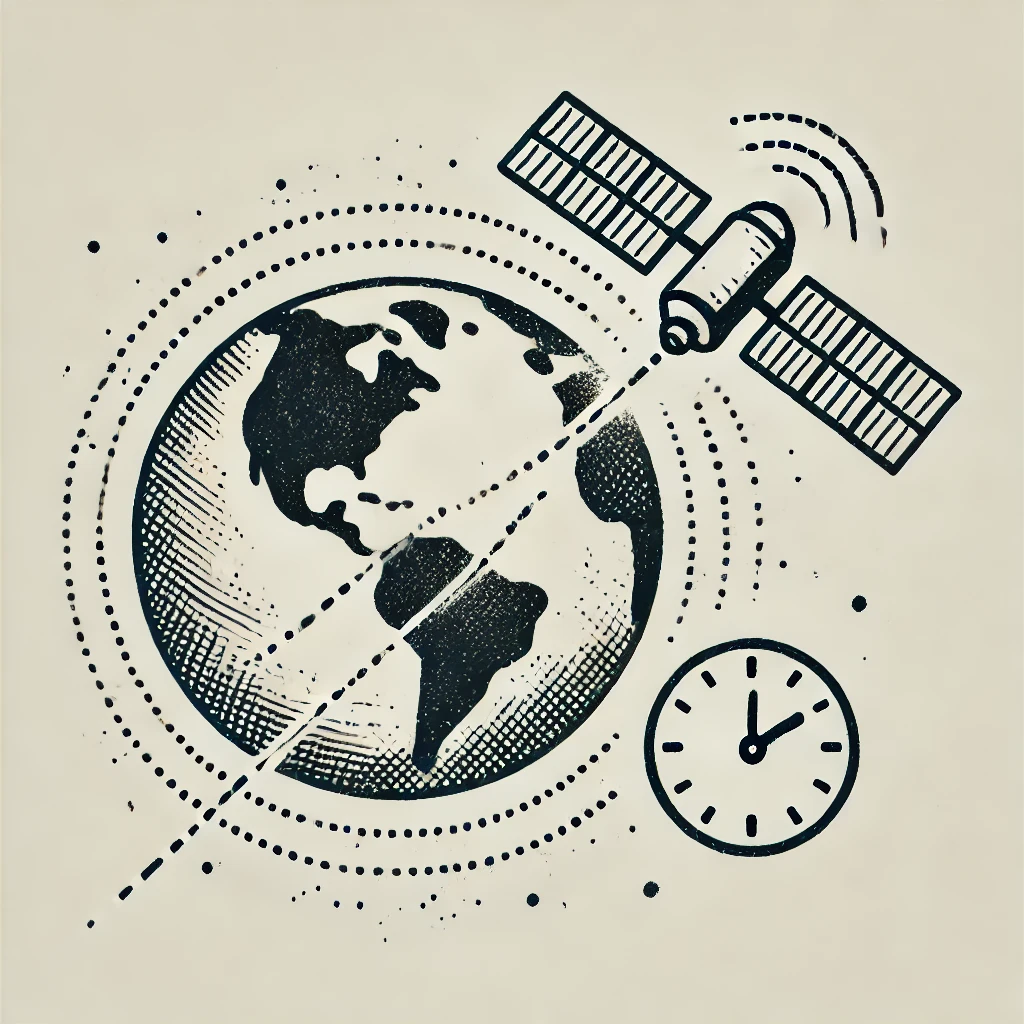
Launched in 2016, the Micius satellite, part of the Quantum Experiments at Space Scale (QUESS) project, has surpassed its two-year design life, remaining active in quantum communication experiments as of August 3, 2025. Despite its age, Micius continues to support groundbreaking quantum key distribution (QKD) and entanglement experiments. However, China’s plans for new quantum satellites may shift its role.
EPB Quantum℠ Expands Expertise
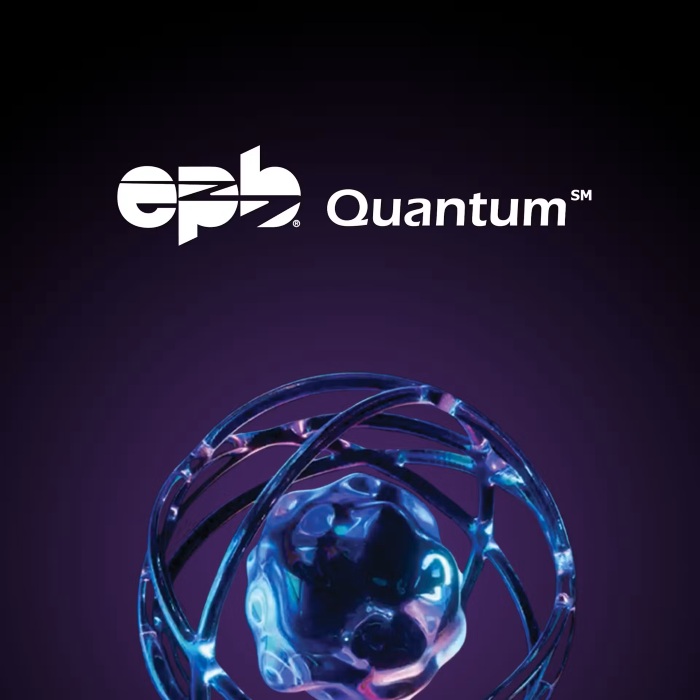
EPB Quantum℠ strengthens its team with three new experts to drive quantum technology development. The initiative, based in Chattanooga, offers the nation’s first commercial quantum network and computing access. This expansion supports real-world applications, fostering collaboration across industries and academia.
The Race for Lunar Helium-3
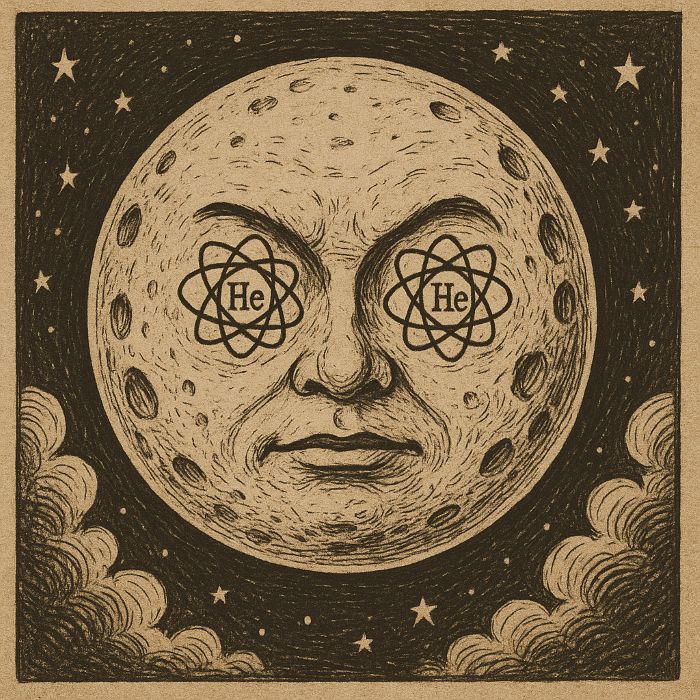
Lunar Helium-3 Mining (LH3M) secures five U.S. patents, leading in lunar helium-3 extraction. The isotope supports clean fusion energy and quantum computing. LH3M’s Moon-first technologies address lunar challenges, countering China’s ambitions. The company is working to ensure U.S. technological leadership.
Quantum Amplifiers: Bifrost Raises $2.5M for Scalable Quantum Hardware
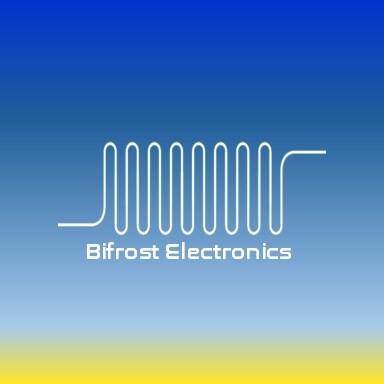
Bifrost Electronics, a Colorado startup, secured $2.5 million to advance its scalable quantum amplifiers. These innovative devices promise improved reliability and performance across various qubit platforms. Headquartered at Elevate Quantum campus, Bifrost aims to strengthen U.S. leadership in quantum technology.
Quantum Enhanced Coherent Ising Machines Accelerated by NTT Research

NTT Research and Tohoku University have launched a collaboration to accelerate quantum enhanced Coherent Ising Machines (CIM) on high-performance computing platforms. Their paper in Quantum Science and Technology reveals that single-photon CIMs outperform conventional models, converting fragile quantum entanglement into strong classical correlations. The teams will next optimize kernels, scale to 100 million spins, and pursue a physical implementation of Cyber CIM for industrial optimization.
Microsoft’s 4D Geometric Codes Sharpen Focus on Scalable Quantum Error Correction

Microsoft’s new 4D geometric codes transform quantum computing by cutting error rates 1,000-fold. Paired with Atom Computing’s neutral-atom qubits, they enable reliable logical qubits. Such advancements could support applications in AI and cryptography.
Open for Business: Heriot-Watt University Unveils New £2.5M Quantum-Enabled Optical Ground Station
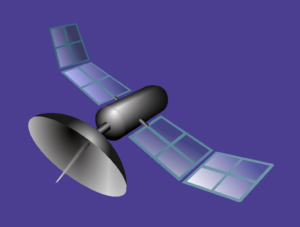
Heriot-Watt University has unveiled HOGS, a £2.5 million Optical Ground Station that secures satellite links using quantum key distribution. The facility also monitors space debris and integrates with a live fibre network for rapid prototyping. UK companies can now test next-generation optical communications without hefty infrastructure costs.
Understanding the Role of Ancillary Qubits in Quantum Computing
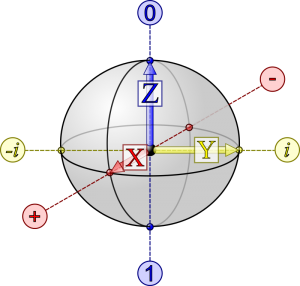
Ancillary qubits work behind the scenes in quantum computing. They detect errors, enable complex gates, and support entanglement. Without them, reliable quantum operations would be impossible.
Helium: The Quantum Computing Coolant Facing Supply Risks
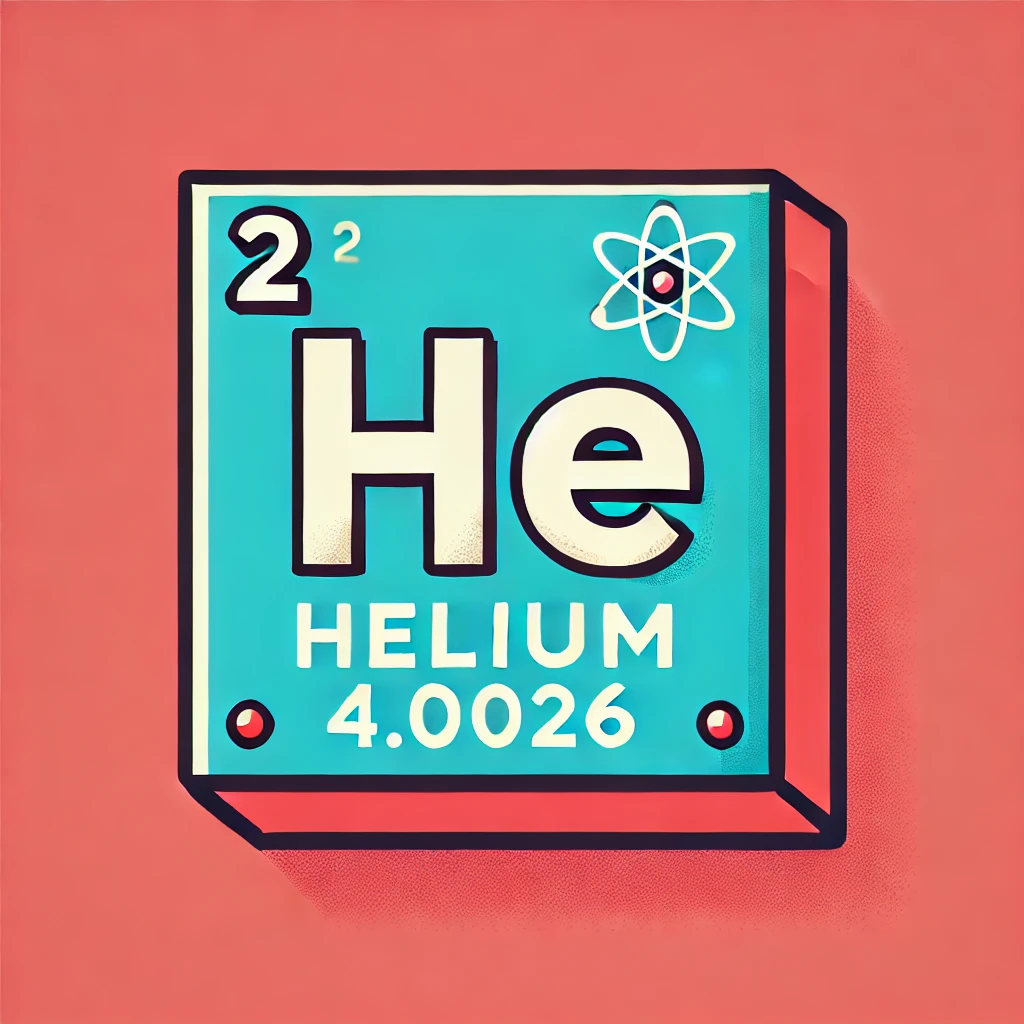
Helium’s limited availability is pivotal to quantum computing, where ultra-low temperatures are essential to stabilize qubits. Supply disruptions and geopolitical factors have made this rare resource increasingly expensive and uncertain. As quantum technologies expand, so does the demand—and risk—around helium’s tenuous supply.
